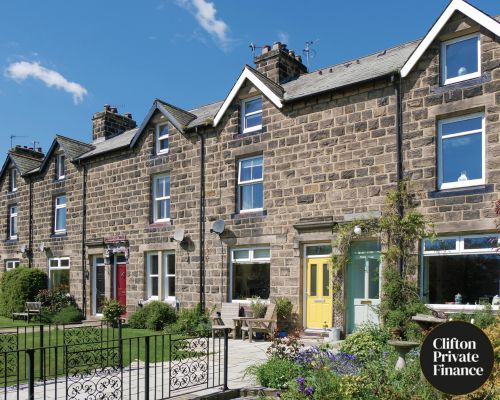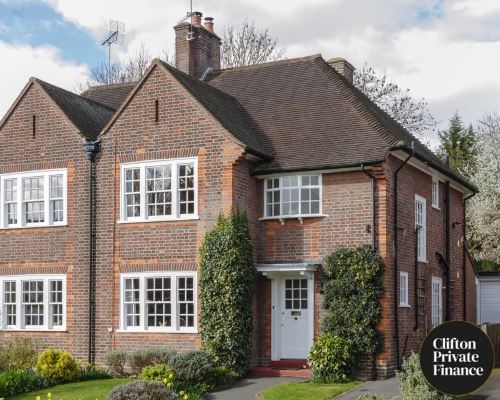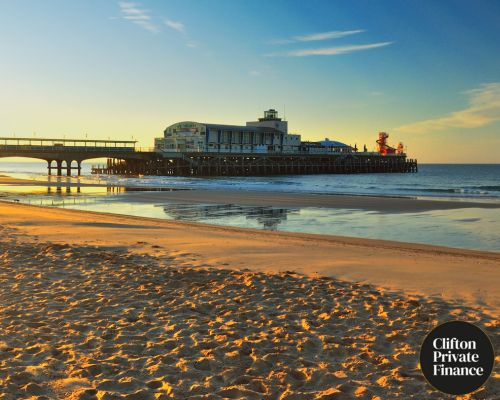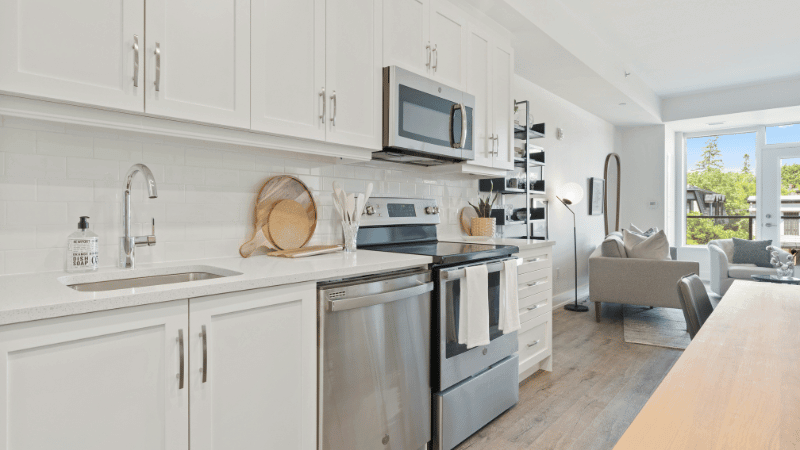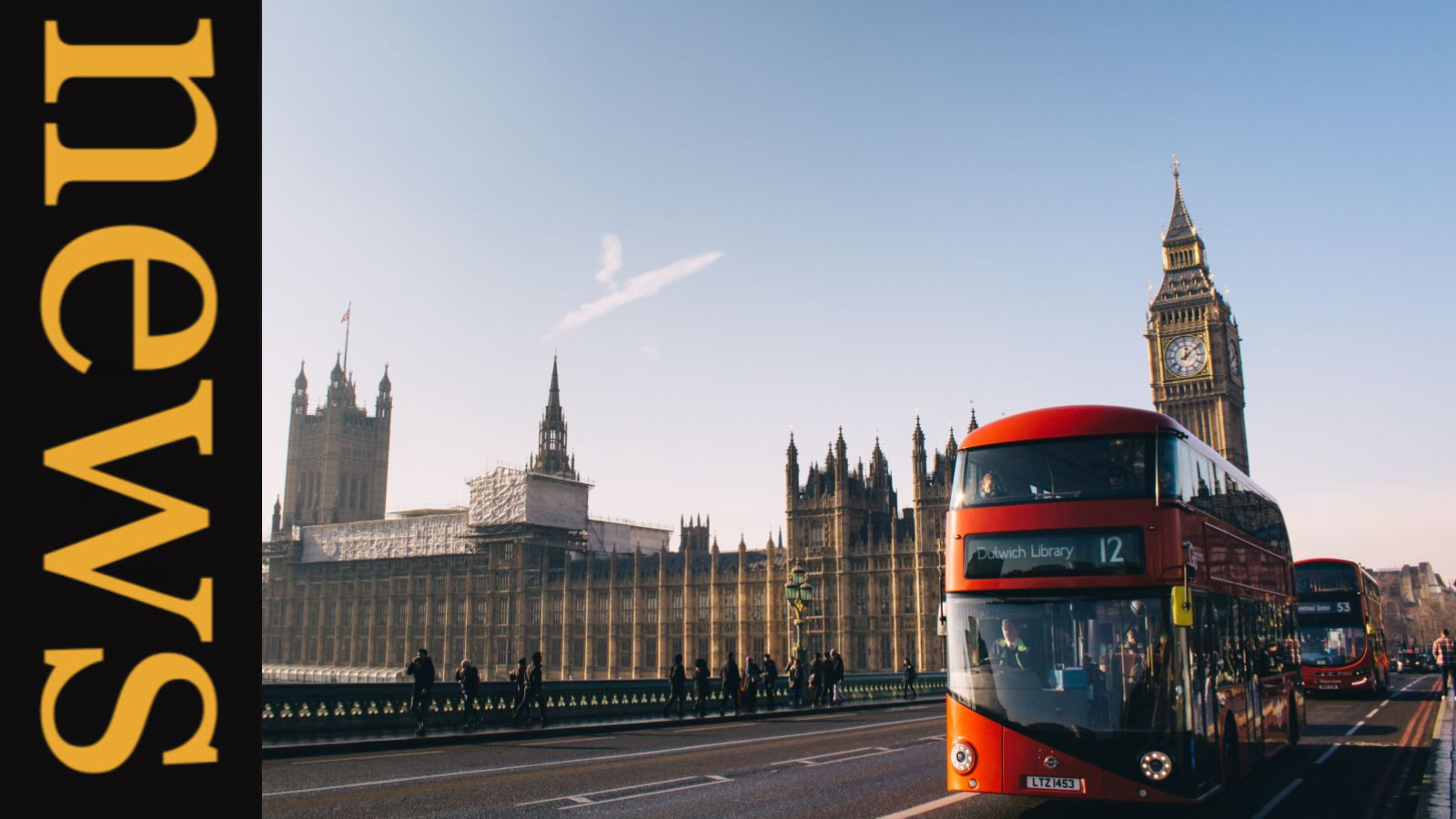Categories
NEWS: Bank of England Doubles Base Interest Rate to 0.5 Percent - What Does This Mean for Your Mortgage?

The Bank of England has announced that the base interest rate in the UK will increase from 0.25% to 0.5%.
This marks a 500% increase to the base interest rate compared to before the 16th December 2021 when it was at the record low of just 0.1%.
And with the prospect of further rate hikes throughout the year, many homeowners will be asking:
- How will the interest rate rise affect their current mortgage
- And how expensive will a remortgage be at the end of their current fixed term
In this post, we’ll look at what you can do to protect your existing mortgage from rising interest rates, and what kind of product to look for if you'll be taking out a new mortgage soon.
Why have interest rates gone up?
Are interest rates going to rise further?
How does the interest rate hike affect mortgage rates?
How can you protect your current mortgage from the interest rate hike?
Should I get a fixed rate mortgage now?
Remortgaging at a better Loan to Value
Why have interest rates risen?
The inflation rate has been surging since April 2021, and until it simmers down, the Bank of England is expected to keep raising interest rates to keep it under control.
The latest figures from the Office of National Statistics (ONS) show that the annual Consumer Price Index (CPI) for inflation grew to 5.4% in December, up from 5.1% in November, and marks the highest inflation rate since March of 1992.
How high will interest rates get?
Many people predict that this could be the beginning of a series of interest rate hikes from the BoE if inflation continues to rise.
Looking back at a recent history of interest rates gives some context in regard to how far they could potentially over the years to come:
- Before the financial crash of 2007/08, interest rates were at around 5%
- They then dropped to significantly low levels of under 1% for a prolonged period
- But before the pandemic hit, were we seeing a gradual recovery to higher levels?
- Rates had risen to 0.75% within a few years before the pandemic, so are we seeing a similar pattern now?
The cost of living is showing no sign of slowing down, with energy bills also set to soar over the next couple of months.
Nobody knows just how high interest rates will get to combat this, but there’s a good chance they could go up further within the year.
What does higher interest rates mean for mortgage rates?
The base interest rate determines the amount of interest your bank pays you on your cash savings, and how much they charge you for money that you borrow.
We’ve seen mortgage lenders taking some of their low interest products off the market in reaction to latest interest hike, and this news will likely have the same effect: mortgages are getting more expensive.
If you are looking to remortgage in the near future or you’re buying a property with a loan, you could be looking at higher interest rates the longer you wait.
Can you protect your current mortgage from rising interest rates?
If you currently have a tracker mortgage or if you’re paying your bank’s standard variable rate (SVR) on your mortgage, your monthly mortgage repayments could increase due to the rate hike.
If this is the case for you, we think it’s at least worth considering your remortgage options and thinking about whether a fixed-rate product could protect you against further rate increases in 2022.
If you’re already on a fixed-rate mortgage, you have more time to react depending on your current term duration, and the interest rate you’re paying will be fixed at the current level.
What kind of fixed-rate mortgage is best?
Most high-street lenders, private banks, building societies and specialist lenders offer a wide range of fixed term mortgages:
- 2 year fixed rate
- 5 year fixed rate
- 10 year fixed rates
- Even longer mortgage terms in some cases
Typically, the longer your fixed term, the higher interest rates you’ll pay.
You’ll be able to lock into lower rates on a 2 year fixed mortgage compared to a 10 year term because the longer you’re locked in for, the greater risk your bank faces of rates rising considerably above what you’re paying.
Related: Should You Get a Tracker or Fixed Rate Mortgage in 2022?
Remortgaging at a better Loan to Value
In addition to locking into low interest rates while you still can, there's another attractive benefit to remortgaging at the moment due to house price surges over the last few years.
If you purchased a house in 2020, for example, it could have risen in value by as much as 20% by now, the amount you've borrowed is still at the original value.
Coupled with the monthly repayments you've made on your mortgage to repay the capital, this likely puts you at a much better loan to value ratio if you were to remortgage now compared to when you first took out your mortgage.
And most lenders reserve their best rates for 80% LTV mortgages and lower. If your current deal was at 90% or higher LTV, this means you could pay significantly less interest with a new mortgage product.
How do you get a fixed rate mortgage?
Many people tend to speak to a mortgage adviser when considering remortgaging or taking out a new product.
A mortgage broker will summarise all of your options for a new or existing mortgage, and outline the pros and cons of each decision.
And as they know the market, they can also negotiate the best interest rates available to customers to make sure you’re getting a good deal.
Give us a call
Contact us to arrange a convenient time for an in-depth first discussion with one of our trusted finance brokers and see how we can help:
0117 959 5094
Or click here to make an online enquiry with us.



